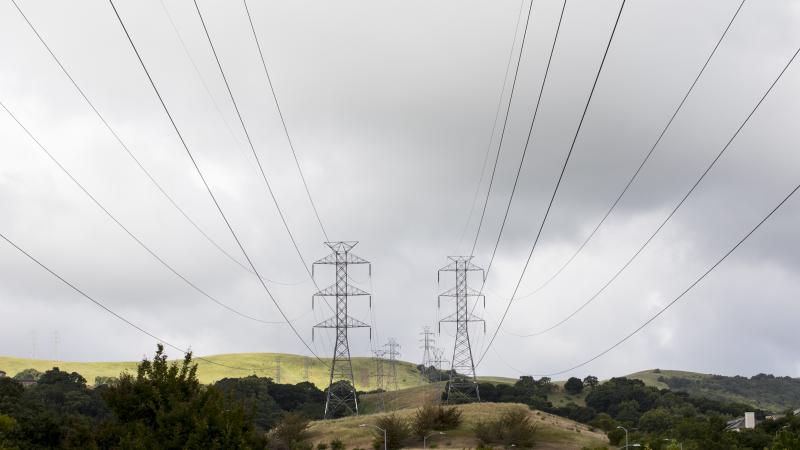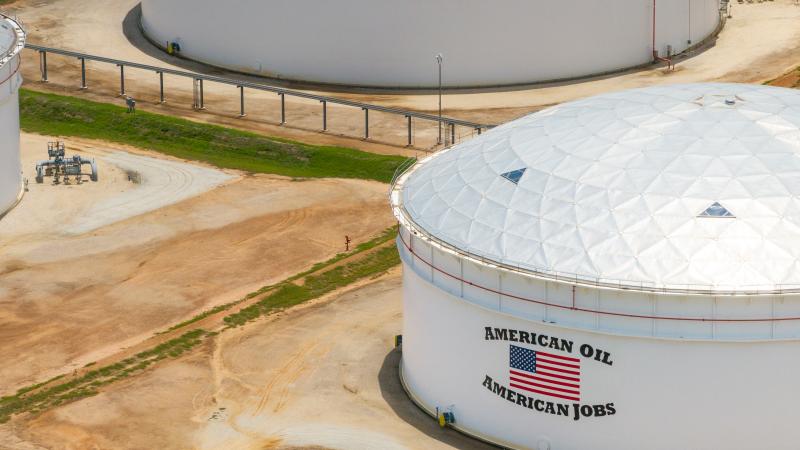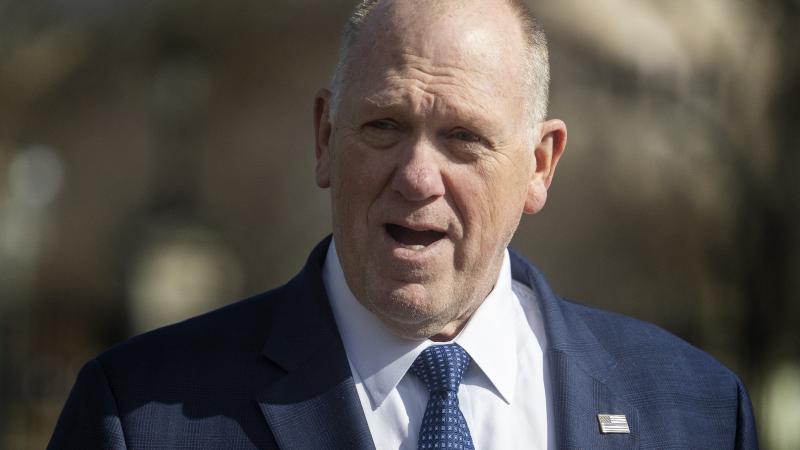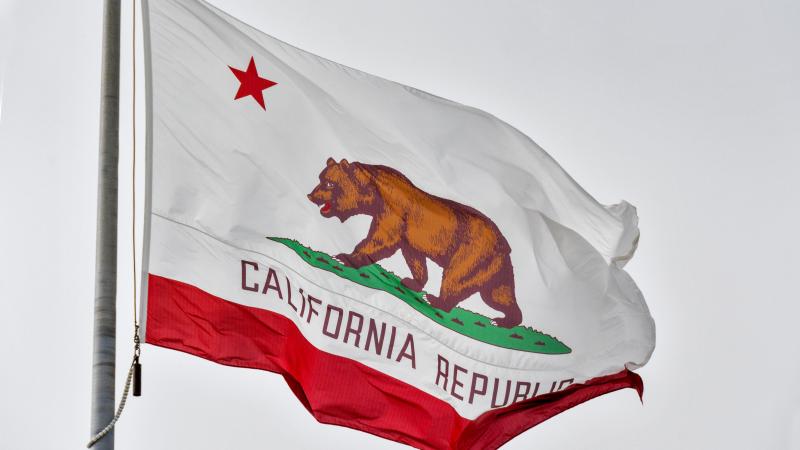Supreme Court denies request to consider climate lawsuits, which critics say will harm consumers
O.H. Skinner, executive director of the Alliance for Consumers, said the overall effect of all these cases will in effect be passing the Green New Deal through court orders instead of the legislative process.
The Supreme Court declined Monday to review challenges to state and local lawsuits against oil companies seeking to force them to pay for damages allegedly caused by climate change.
Energy-producing states, oil companies and industry groups filed two challenges to waves of climate lawsuits, which critics warn are being used to advance anti-fossil fuel policies through the states. If successful, they will extract billions from oil companies, and these costs will be passed on to consumers.
“Consumers are not helped by these cases, which seek to wipe products from store shelves and funnel money to left-wing causes," said O.H. Skinner, executive director of the Alliance for Consumers, a consumer advocacy nonprofit.
"Here is hoping the targets of these lawsuits continue to fight these cases, as they have consistently prevailed in the final stages of review and that is the only way for consumers to not be sacrificed before the left-wing onslaught here.”
The Alliance for Consumers released a report last year detailing how liberal advocacy groups are funding the lawsuits through an extensive dark money campaign. The report’s findings reflect the findings of other reports.
Skinner told Just the News in December that should these lawsuits, which use state-level nuisance laws against energy companies, prove successful, oil companies will be forced to either stop producing oil or implement cost-prohibitive measures to control emissions.
He also said the overall effect of all these cases will in effect be passing progressives' failed Green New Deal through court orders instead of the legislative process.
These lawsuits are expected to target other industries, as any large emitter will be vulnerable to them. This includes utilities, which are now being targeted, as well as automakers and the U.S. steel industry.














